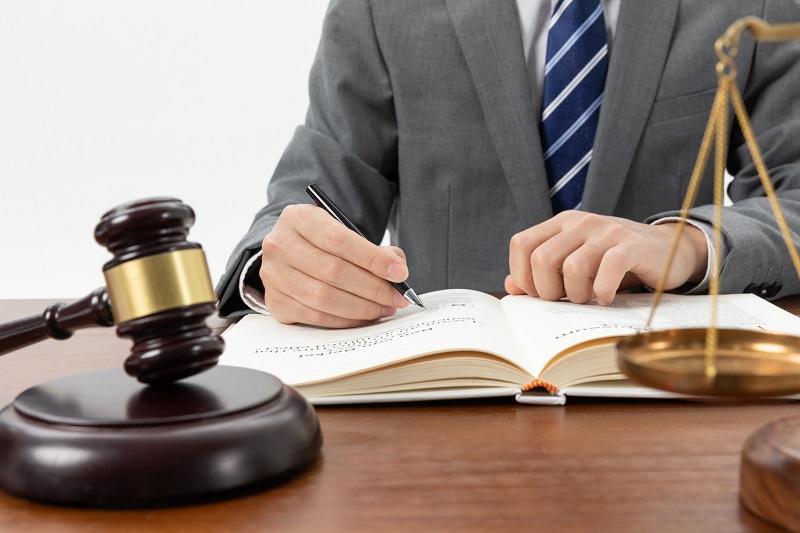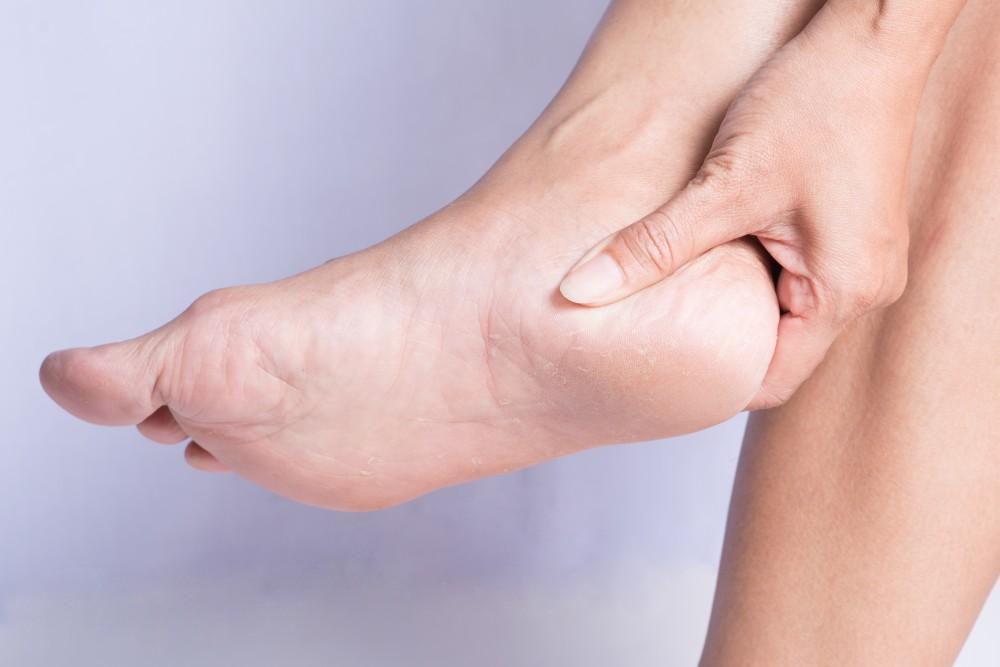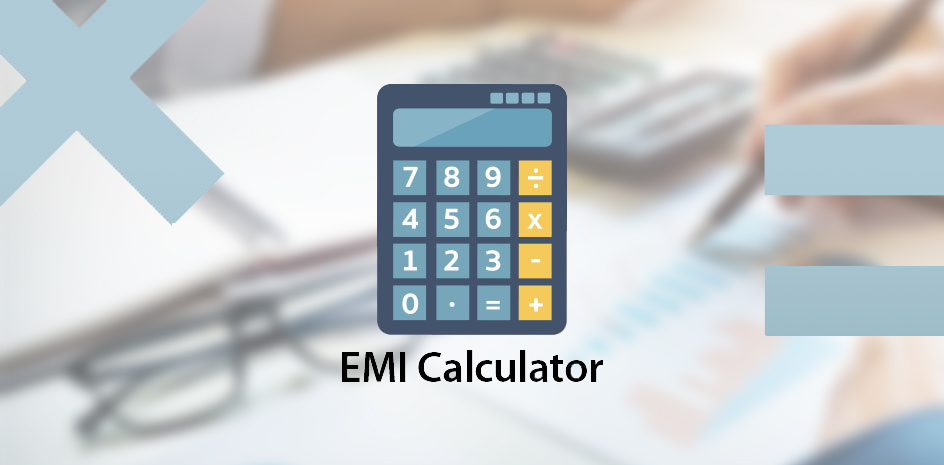Affording a criminal defense lawyer can feel overwhelming, but it’s crucial for protecting your rights. Legal fees can quickly add up, making it hard to know where to start. Fortunately, there are various payment options and legal aid resources that can help make hiring an attorney more manageable.
Whether you’re looking for a payment plan, exploring legal aid, or considering a public defender, this guide will show you how to afford the best legal help. Don’t let costs stop you from securing the representation you deserve. Let’s dive into the different ways you can afford a criminal defense lawyer.
Why You Need a Criminal Defense Lawyer
When facing criminal charges, having a criminal lawyer is essential. A skilled attorney is your best chance at getting a fair trial and protecting your rights. Whether you’re dealing with a serious felony or a minor misdemeanor, a defense lawyer can make a huge difference in the outcome of your case.
Protecting Your Rights
One of the main reasons you need a criminal defense lawyer is to ensure your rights are upheld throughout the legal process. From the moment you’re arrested, your lawyer helps protect you from unlawful actions, like illegal searches or wrongful charges. They’ll ensure the police and prosecutors follow the law, keeping you safe from any unfair treatment.
Legal Expertise and Strategy
Criminal defense lawyers bring their expertise to the table, offering strategies that could help reduce your charges or even get your case dismissed. They know how to navigate the court system, making sure all the evidence is in your favor and fighting for the best possible outcome.
Avoiding Severe Consequences
Without a lawyer, you could face harsher penalties, including jail time, fines, or a permanent criminal record. A criminal defense lawyer can help reduce these risks by negotiating plea deals, getting evidence thrown out, or pushing for lighter sentences. Simply put, having a lawyer by your side increases your chances of a better result.
Understanding the Cost of Legal Representation
Understanding the cost of legal representation is crucial when you need a criminal defense lawyer. Legal fees can vary depending on many factors, but knowing what to expect can help you make informed decisions and avoid surprises.
Types of Fees Criminal Defense Lawyers Charge
Criminal defense lawyers usually charge in one of three ways: hourly rates, flat fees, or retainer fees.
- Hourly Rates: Some lawyers charge by the hour. This means you’ll pay for the time the lawyer spends working on your case. The hourly rate can range from $100 to $500 or more, depending on the lawyer’s experience and the complexity of your case.
- Flat Fees: In some cases, a lawyer may charge a flat fee for handling your entire case. This is a one-time payment and is more common for simple cases, like a misdemeanor.
- Retainer Fees: A retainer fee is an upfront payment to secure the lawyer’s services. The lawyer then bills against this fee as they work on your case. Once the retainer is used up, you may need to pay more.
Other Costs to Consider
In addition to the lawyer’s fees, there may be other costs involved, such as court filing fees, expert witness fees, or costs for gathering evidence. It’s important to ask your lawyer about these additional costs upfront so you can plan ahead.
Payment Options for Hiring a Criminal Defense Lawyer
When it comes to hiring a criminal defense lawyer, understanding the payment options available can help ease the financial burden. Legal fees can be expensive, but there are different ways to manage payments that work for your situation.
1. Retainer Fee
A retainer fee is an upfront payment that you make to secure the lawyer’s services. This fee is used to cover the initial costs of your case. Once the lawyer begins working, they will charge against the retainer. If the retainer is used up, you may need to pay more. This option helps ensure that the lawyer is committed to your case from the start.
2. Hourly Rates
Many criminal defense lawyers charge by the hour. With hourly rates, you pay for the time the lawyer spends working on your case. This can be a good option for simpler cases, but the costs can add up quickly. Be sure to ask the lawyer how many hours they expect the case to take to avoid surprises.
3. Flat Fee
Some lawyers offer a flat fee for handling your entire case. This means you pay a set amount upfront, and the lawyer will take care of everything related to your case. Flat fees are more common for straightforward cases like misdemeanors, where the process is relatively simple.
4. Payment Plans
Many lawyers offer payment plans to make it easier to afford their services. Instead of paying everything upfront, you can pay in smaller installments over time. Make sure to discuss this option with your lawyer to understand the terms and timing.
Exploring Legal Aid and Free Services
If you’re struggling to afford a criminal defense lawyer, exploring legal aid and free services can be a great option. These services are designed to help people who can’t pay for a lawyer but still need legal representation. Let’s take a look at some of the options available.
What is Legal Aid?
Legal aid refers to free or low-cost legal assistance provided to individuals who meet certain income requirements. Legal aid organizations are funded by the government or nonprofit groups, and they help people who cannot afford to hire a private lawyer. To qualify, you must usually show that your income is below a certain threshold.
Public Defenders
Public defenders are government-appointed lawyers who represent individuals charged with crimes but cannot afford to hire a private lawyer. If you’re arrested and meet the financial eligibility requirements, the court will assign you a public defender. While public defenders are often busy with many cases, they are experienced in criminal law and can provide solid defense.
Non-Profit Legal Services
There are also nonprofit organizations that offer free or reduced-cost legal services for criminal defense. These services are often available for people in specific situations, such as those facing charges due to racial discrimination or those with a history of mental illness. Contacting these organizations can be a good way to access free legal help.
Exploring legal aid and free services is a valuable step when you need legal representation but can’t afford the high cost of hiring a private lawyer. Don’t hesitate to reach out to local legal aid organizations, public defenders, or nonprofit groups to find the help you need.
How to Find Affordable Legal Help
Finding affordable legal help can seem challenging, especially if you’re facing serious criminal charges. However, there are several ways to get the legal support you need without breaking the bank. With the right resources and some careful research, you can find an experienced lawyer who fits your budget.
1. Start with Legal Aid Organizations
One of the best ways to find affordable legal help is by reaching out to legal aid organizations. These nonprofit groups offer free or low-cost legal assistance to individuals who meet certain income qualifications. You can find legal aid services in your area by searching online or contacting local law schools, which often have legal clinics offering free help.
2. Use State Bar Associations
Most states have a State Bar Association, which offers lawyer referral services. These services can help you find a lawyer who specializes in criminal defense and offers affordable rates. Some state bar programs also offer initial consultations at reduced rates or for free, so you can get advice before making a final decision.
3. Look for Lawyers Who Offer Payment Plans
Many criminal defense lawyers understand that paying upfront can be difficult. Some lawyers offer payment plans, allowing you to pay for their services in smaller, manageable amounts. Don’t hesitate to ask potential lawyers if they can work out a payment arrangement that fits your budget.
4. Check Online Platforms
There are several online platforms, like Avvo or LegalZoom, that allow you to compare prices and read reviews of lawyers in your area. Many lawyers on these platforms offer free consultations, so you can get an idea of the cost and their approach before committing.
Key Questions to Ask Your DUI Lawyer
When meeting with your DUI lawyer, asking the right questions is essential. This helps you understand your case better and ensures your lawyer is the right fit to handle your defense. Here are some key questions to ask during your meeting.
1. What Are My Legal Options?
Start by asking your lawyer about your legal options. Whether you should fight the charges in court or consider a plea deal depends on your situation. Understanding your choices will help you make informed decisions about the next steps.
2. What Are the Possible Outcomes?
It’s important to know what could happen if your case goes to trial or if you take a plea deal. Ask your lawyer about the possible penalties, such as fines, license suspension, or jail time. This will help you understand what you’re facing.
3. What Defenses Can We Use?
Every DUI case is unique. Ask your lawyer about potential defenses, such as issues with the arrest process or problems with the evidence. A good defense strategy can greatly impact the outcome of your case.
4. How Will You Communicate with Me?
Effective communication with your DUI lawyer is key. Ask how they plan to keep you updated on your case and how quickly they respond to questions. You want to feel informed throughout the process.
Preparing Personal Documents and Evidence
Preparing personal documents and evidence is an essential step when working with your DUI lawyer. The more organized and thorough you are, the stronger your case will be. Having all the right paperwork and information ready can make a big difference in the outcome of your hearing.
1. Gather Your Personal Records
Start by collecting any personal records that may be relevant to your case. This includes your driving history, previous DUI charges (if any), and any records that show your compliance with past legal requirements. These documents help your lawyer understand your background and build a stronger defense.
2. Collect Evidence from the Arrest
One of the most important things your lawyer will need is evidence from the arrest itself. This might include police reports, breathalyzer test results, field sobriety test videos, and any dashcam footage. These details could reveal weaknesses in the case against you and may be used to challenge the evidence.
3. Organize Witnesses and Statements
If there were any witnesses to your arrest, or if you have people who can vouch for your character, it’s helpful to gather their statements. This could include friends, family members, or even co-workers. A strong character reference might help reduce penalties if you’re convicted.
Mock Trials and Practice Sessions
Mock trials and practice sessions are an important part of preparing for your DUI hearing. These exercises help you feel more comfortable in the courtroom and allow you to practice what to expect during your actual hearing. By going through mock trials, you can build confidence and improve your performance when it matters most.
1. Simulating the Courtroom Environment
Mock trials allow you to experience a simulated version of what will happen in court. Your lawyer will act as the judge or opposing attorney, helping you practice your responses to questions and instructions. This gives you a chance to get used to the pressure and emotions of a real trial without the stakes being as high.
2. Practicing Your Testimony
One of the most important aspects of a DUI trial is how you testify. Mock trials give you the opportunity to practice answering questions from both your lawyer and the prosecution. You’ll learn how to stay calm, clear, and focused under pressure. This practice can make a big difference in how you come across during your real hearing.
3. Improving Your Courtroom Skills
Practice sessions help you understand courtroom etiquette, like when to speak, how to address the judge, and how to behave with respect. The more you practice, the more natural it will feel when you walk into the actual courtroom.
Conclusion
Finding affordable legal help is possible with the right options. From flexible payment plans to legal aid programs, you don’t have to face your case alone due to financial concerns. Take the first step today and explore your choices for securing a criminal defense lawyer that fits your budget.






